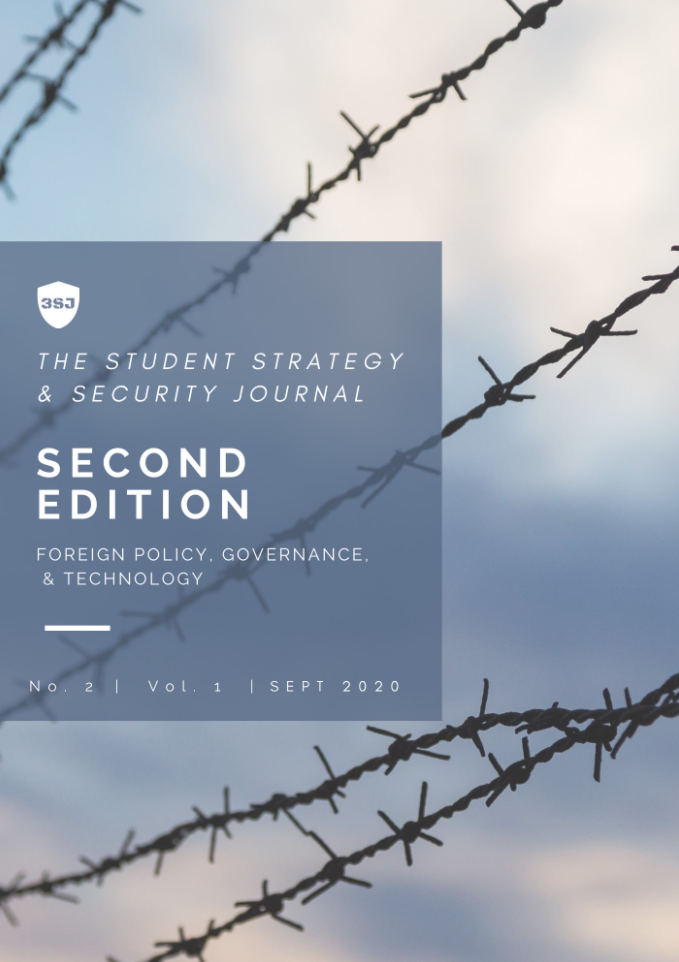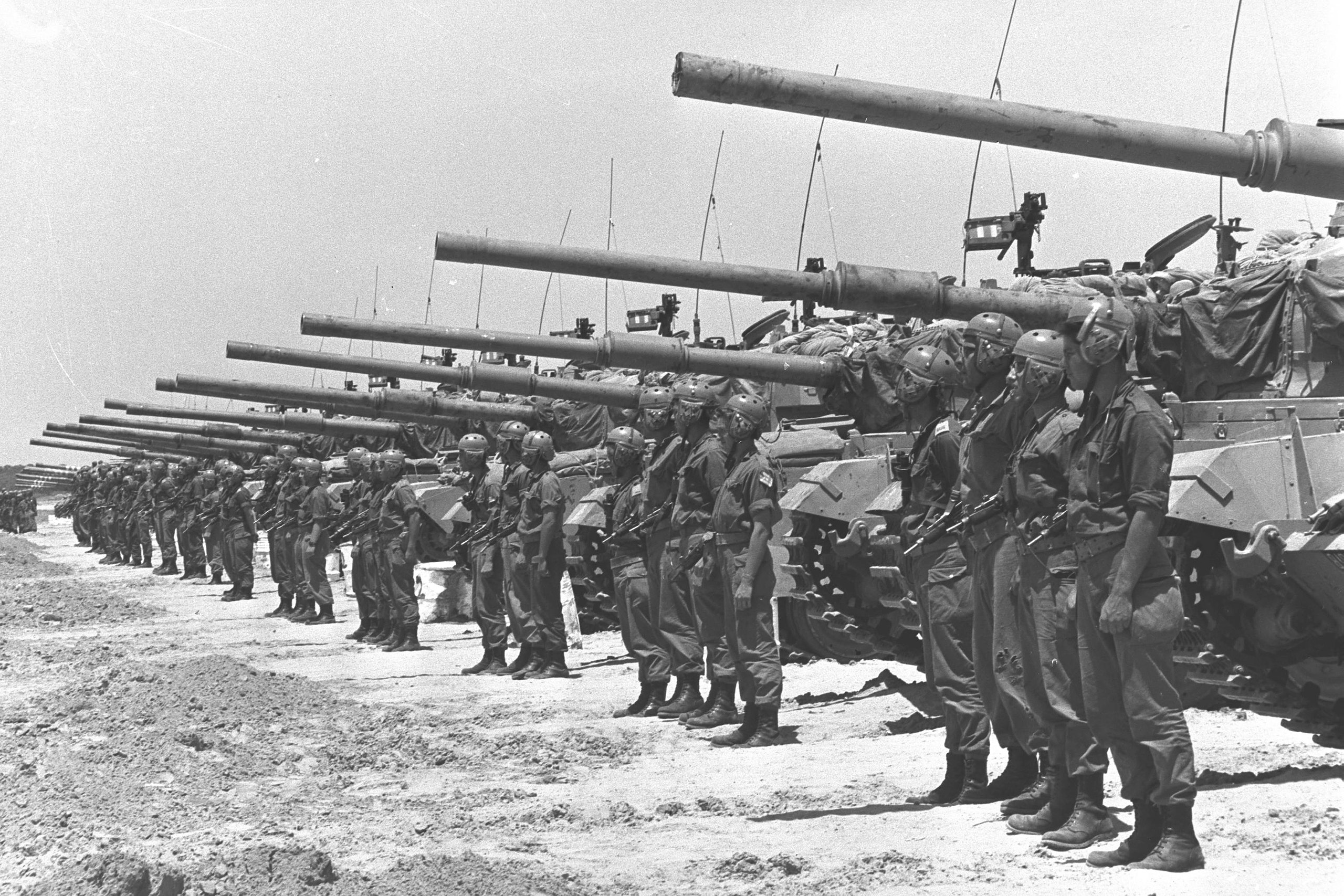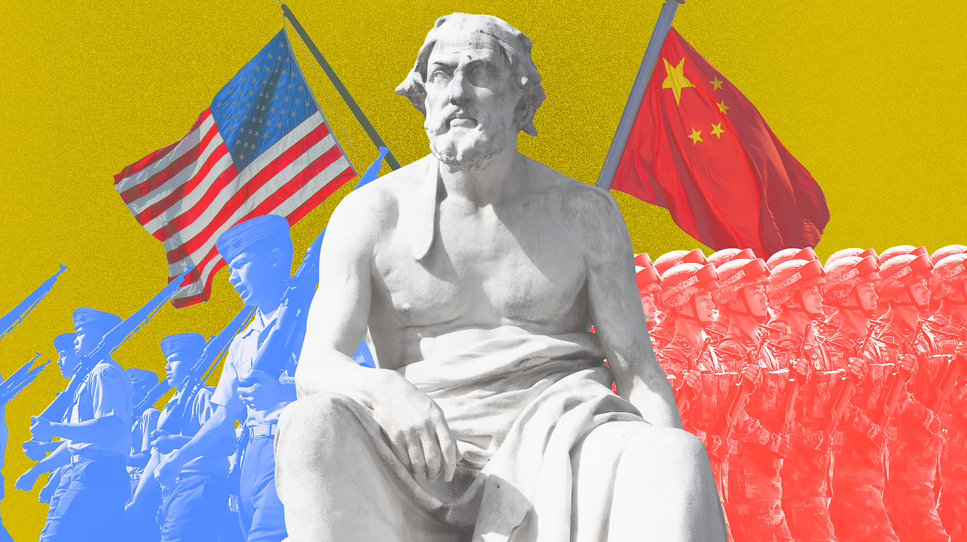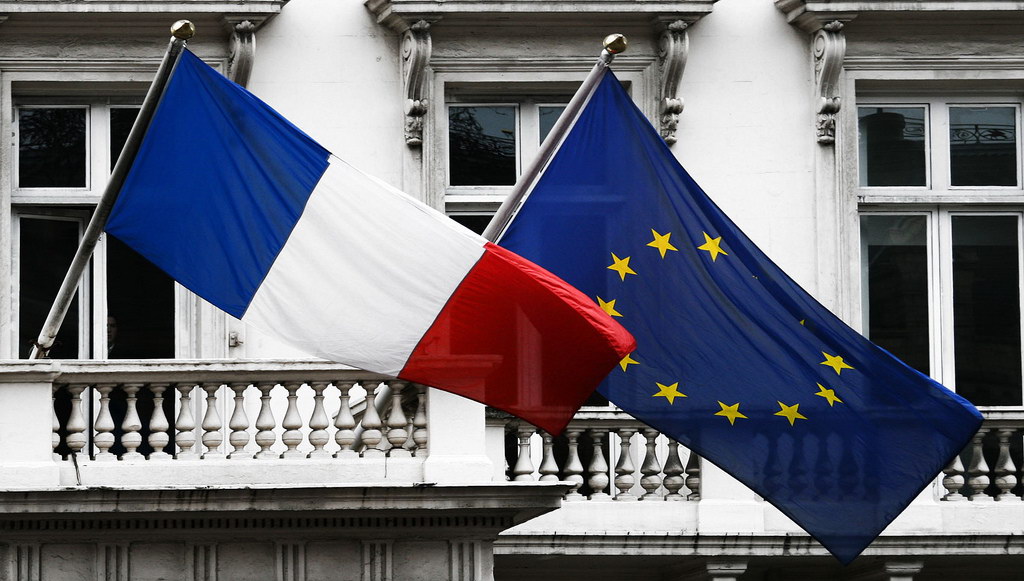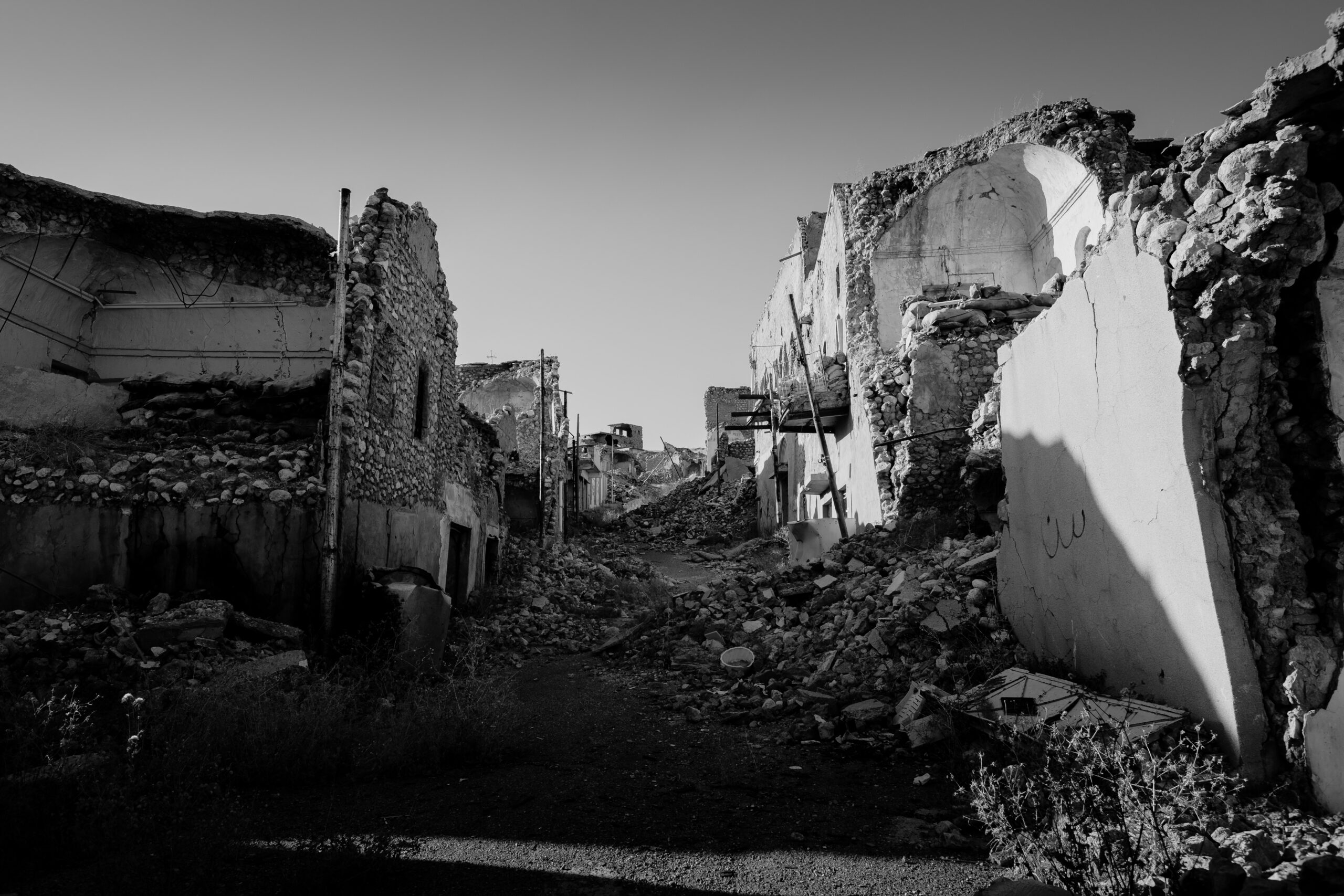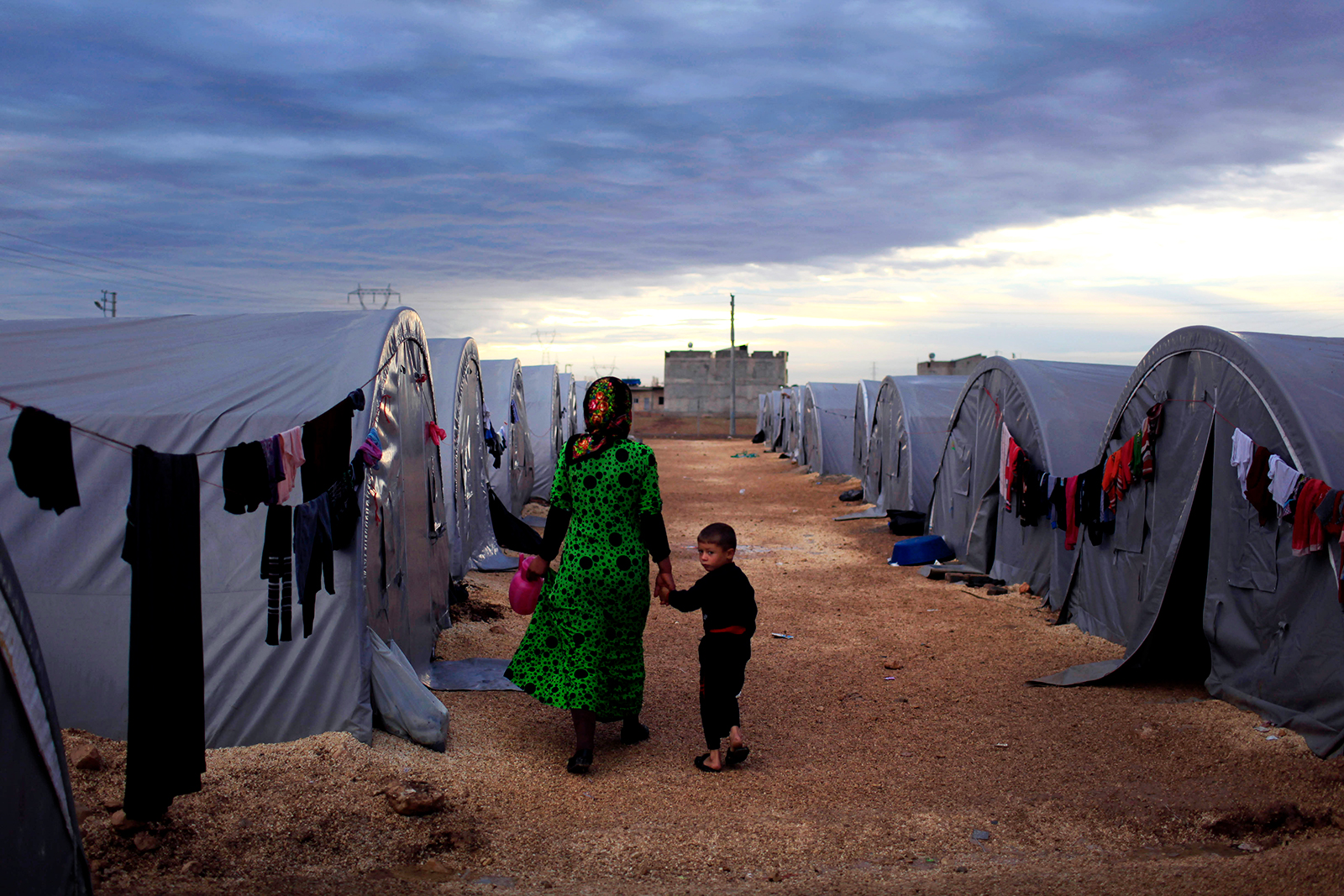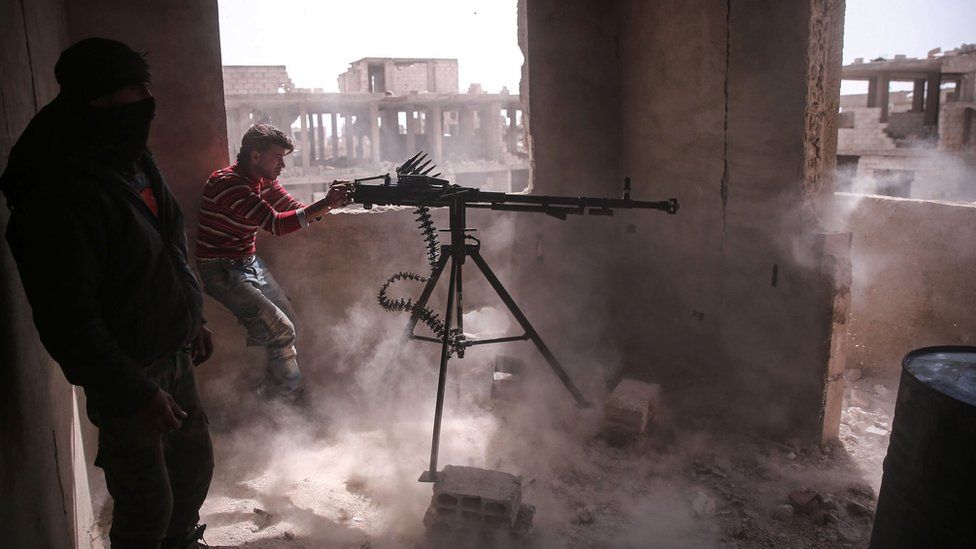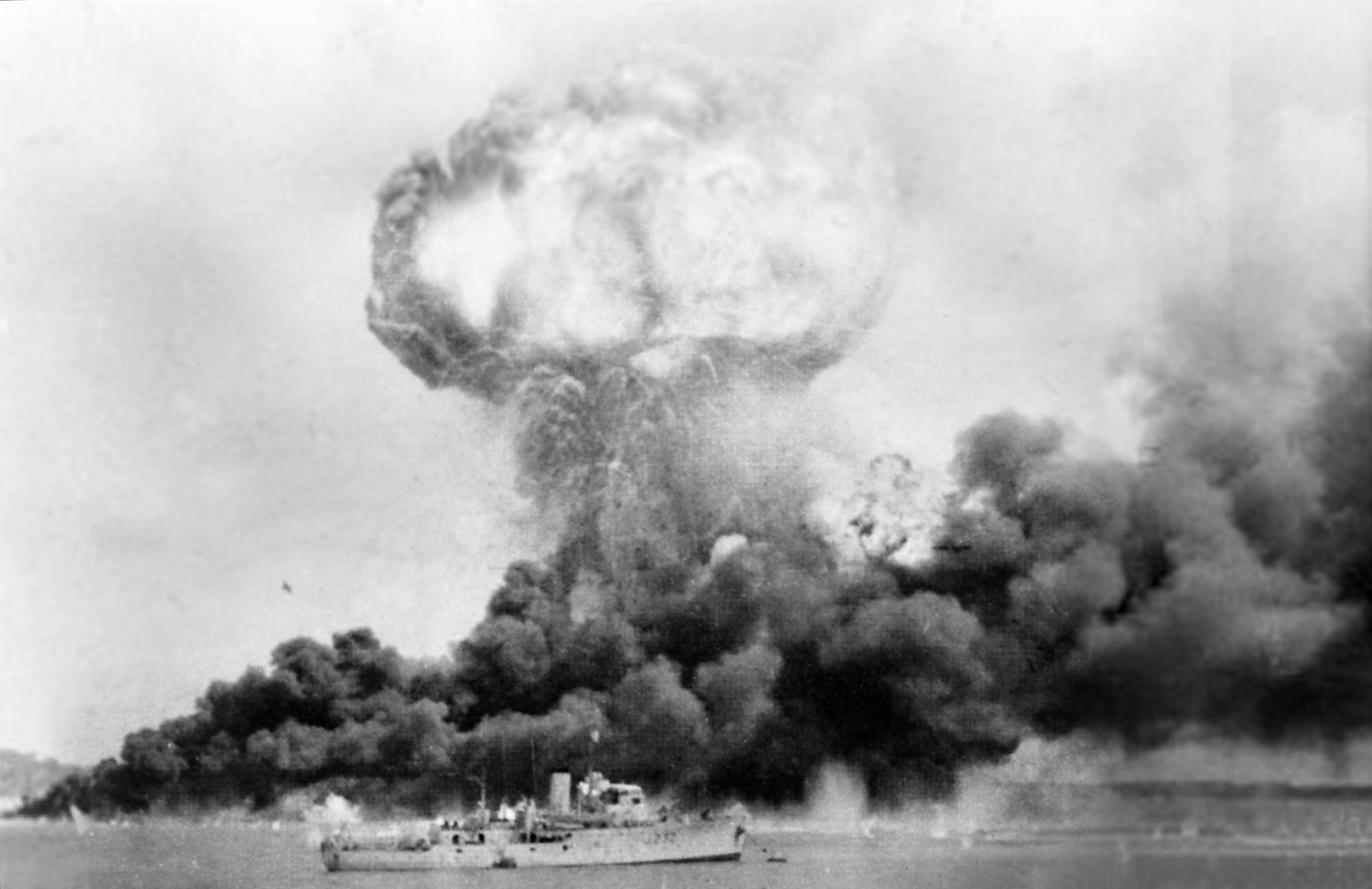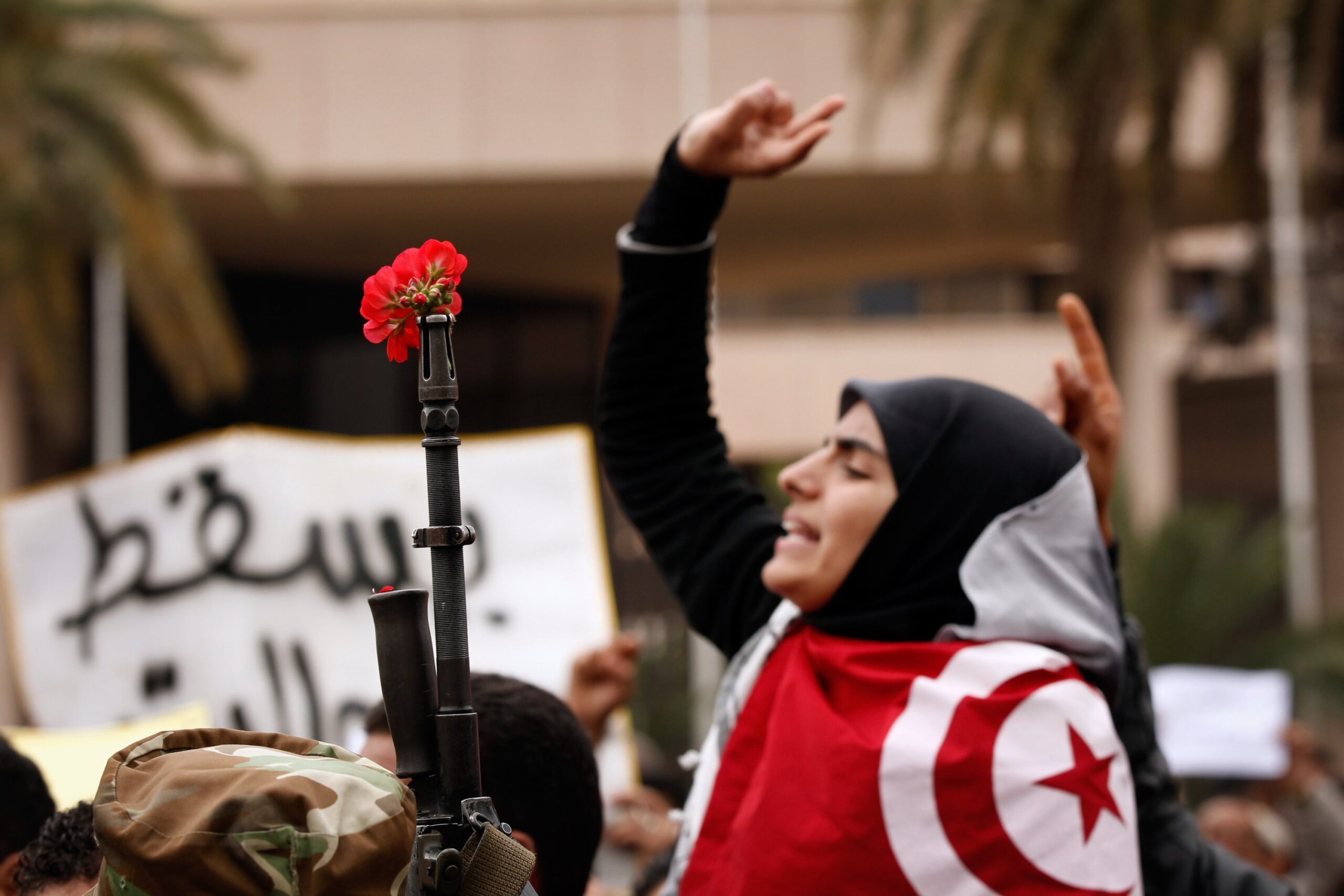SECOND EDITION
September 2020
Second Edition
Susanna Karvinen
Silenced Voices & the history of international relations
The orthodox narrative about the history of International Relations (IR) outlines that the sovereign state and the anarchic state-system were born in 1648 in the Treaties of Westphalia, and that IR as a discipline itself was born in 1919 as an attempt to solve the problem of war. The impact of the years 1648 and 1919 is, however, a myth that distorts the history of the discipline. Adapting this simplistic view of the history of the discipline is dangerous as it underplays or ignores the imperialistic, Eurocentric, racist and patriarchal origins and development of IR. The debate has excluded certain voices, such as feminist or postcolonial approaches, and thus helped to perpetuate a distorted and partial world view that reflects the power of privileged voices. Theory cannot be separated from the real world but it is instead an active contributor in the process of reshaping it, and thus it is vital to understand how Eurocentrism and both imperialistic and masculine hegemony have, throughout the development of IR theory, affected and continue to affect real-life policymaking and the current world order.
Blair Graham
An alternative look at the six day war
According to the official narrative of the Six-Day War, Israel was forced to act preemptively following near-genocidal threats from Egypt and its Arab neighbours. In addition to incredibly fiery rhetoric from Cairo and its allies, Israel’s Arab adversaries took a series of highly provocative measures which, if not responded to, put the future existence of the Jewish State in serious jeopardy. Therefore, the war that followed and the subsequent occupations of Arab territories were entirely justified on the strict grounds of national security. This essay seeks to challenge the conventional view of this conflict. As this essay will demonstrate, Israeli planners felt absolutely no threat from its Arab neighbours and certainly did not fear for the continued existence of their state. Instead, claims that Israel was under imminent threat of genocide were concocted to give Tel Aviv’s aggressive military actions a veil of legitimacy. Israel, then, cannot be said to have been acting in self-defence; rather, they were exploiting an opportunity to pursue their long-standing territorial ambitions.
Alexander Olteanu
China and the USA: Thucydides trap or Tocqueville’s treatise
This submission argues that the deployment of the ‘Thucydides Trap’ analogy by Western realist academic analysts and policy-makers to explain the current U.S.-China global rivalry is both anachronistic and misguided. China’s authoritarian internal policies and aggressive external military, economic, and intelligence moves are due, above all, to the Chinese Communist Party’s justified perception of its own vulnerabilities as the country’s ruling oligarchy and its resultant fear of losing its vast privileges and its monopoly on power. This essay draws on Alexis de Tocqueville’s analysis of the French Ancien Régime and of the Great Revolution that toppled it in 1789 to claim that the greatest threat to the U.S.A. and to its Western allies is therefore not a rising China bidding for global hegemony, but their own unwillingness and inability to reform their domestic and Trans-Atlantic systems of governance in line with the increasingly pressing demands of their citizens for more political participation, prosperity, pluralism and peace.
Timon Ostermeier
Why russia and the west did not develop joint security structures
At the end of the Cold War, Soviet leader Mikhail Gorbachev promoted the idea of a ‘Common European Home’, and after President Boris Yeltsin took office, following the implosion of the Soviet Union, it seemed like Russia was heading for a Western foreign policy direction. However, relations with Western institutions and countries crumbled gradually and turned hostile, hitting rock bottom with the Russian annexation of the Crimean peninsula in 2014. This essay analyses why no joint security structure between the West and Russia emerged, though post-Cold War initiatives had been brought forward in the international arena. Four factors are pivotal: 1) the failure in progressing the CSCE/OSCE process, 2) Russia’s struggle with its identity as a fallen superpower, 3) the continuity of Cold War mindsets in elite groups, and 4) Russia’s opposition towards NATO’s gradual Eastern expansion. Concluding the analysis, four causal links and a juxtaposition of the competing Transatlantic and Russian security concepts will be derived.
Robert Hart
The Progression Towards an Autonomous Europe Under France
With the collapse of the bipolar world system of the Cold War and the emergence of a new multipolar system, France has consistently made a concerted effort to remain legitimate and relevant on the global stage. Moreover, in light of Brexit, France seemingly sees itself as the next possible emerging leader of a new European order, however, at the same time, they are confronted by many strategic challenges in a new multipolar world order. Uncertainty and unpredictability in the international system drive and influence French strategy at a time when French military capabilities are spread thin, thus suggesting that the budgetary constraints and the practice of semi-dependency (which French strategy paradoxically rejects) poses a very problematic hurdle for France to overcome in their ascent to dominance in Europe. France’s privileged position as the now sole nuclear power in the EU, as well as their strategic position as a permanent member on the UN Security Council, has positioned France and its decision-makers to take advantage of its supreme military capability in comparison to like-sized ‘medium states’ in order to exert its influence both regionally and internationally. Consequently, the main complexity that arises from the French strategic plan is its balancing act. Therefore, the main goal of this article is to examine how France attempts to maintain complete autonomy for certain preconditioned national operational engagements while simultaneously pursuing European ambitions where cooperative and state-level partnerships will directly enhance military capabilities within France’s full-spectrum approach.
Steph Wallace
Rebel governancee: ISIS & the LTTE
Some rebel groups engage in extensive governance activities whilst others take the decision not to. This essay considers the cases of the Liberation Tigers of Tamil Eelam (LTTE) and the Islamic State of Iraq and al-Sham (ISIS) in an attempt to understand what motivates rebel groups to provide governance in the first instances and what factors may account for the disparity observed in the level of governance supplied across diverse groups.
Salla Lampinen
NGOs and the Syrian Refugee Crisis
This essay examines the question of whether realist IR theory can explain the importance of non-state actors in global politics, through the exploration of the ability of a variety of realist schools of thought to explain the role, and thus the importance, of domestic political actors, financial institutions and the structure of global economy more generally, and international institutions. It initially touches upon the fact that, while some realist schools of thought have a much clearer conceptualisation of the roles of non-state actors in global politics, other realist scholars often employ explanations from other theories and blend it with their understanding of realist theory. It then includes an acknowledgement that neoclassical realist scholars have, however, made a concerted effort to include considerations of domestic-level actors in influencing the course of international politics. It mentions that, on the contrary, for neorealists such as Mearsheimer, politics and economics are treated as separate entities and so an understanding of the importance of financial institutions is not of concern to realists of this school. Finally, it contends that structural and classical realists have varying understandings of the importance of international institutions. This general lack of coherence among the variations of realism is found to be an indication of the fact that realist theory at its core is so state-centric that its theorists struggle to come to terms with a clear conception of non-state actors’ role in global politics.
Sinan Kircova
The Napoleonic Regime: Anatomy of a dictatorship
This article explores the ethics and legitimacy of two types of violence: vaccine refusal and mandatory vaccine policies. Literature regarding justifications for these two types of violence is explored before applying a theoretical analysis led by Galtung’s conceptualization of violence. Furthermore, the theoretical arguments regarding ethics and legitimacy are applied to the case of the COVID-19 pandemic in the United States. I use the theory of utilitarianism to explore the consequences of enacting each type of violence and conclude that mandatory vaccination policies are far more legitimate than vaccine refusal because they maximize the wellbeing of a larger portion of the population. This article is useful in evaluating the legitimacy of public policies, but it is theoretical and not directly applicable to the complex and fast-changing pandemic. Therefore, this article should be used to provide an ethical analysis and theoretical backing for the evaluation of potential policies.
Paul Galienne
The great debate: effects of technology and culture on strategy
In this discussion it is argued that, although heavily dependent on technological advances, strategy is defined by culture. The influence of culture and technology is analysed through sets of empirical evidence, disseminated through four case studies. The study of diverse Asian societies – namely, Mongol, Soviet, Vietnamese, and Japanese – enlightens us about the factors of success and failure driven by culture or technology across ages. From the Mongol empire’s boundless pasturelands to Vietnam’s impenetrable mountains and jungles, a disparate panel of opponents, which offers different forms of challenges, is exposed to fuel the debate. Particular attention is given to the Mongolian empire, a society particularly underrated in academic studies, but which holds many surprises.
STAND-ALONE ARTICLES
Timon Ostermeier
Subcontracting Authoritarianism. Peace and Stability in Chechnya and the Russian Federation?
Abstract
Tracing the political development of the Chechen Republic since its secessionist movement in the 1990s, this essay illustrates that the Islamic republic has been gradually pacified and stabilized by unpeaceful means: Authoritarian Conflict Management (ACM) and subcontracting authoritarian governance to the de facto autonomous ruler Ramzan Kadyrov. Building on concepts by Max Weber, Immanuel Kant, and Johan Galtung, this essay acknowledges that the notions of stability and peace concern two dimensions: 1. federal Moscow-Chechnya relations, 2. Chechnya’s internal balance. Though both dimensions evidently stabilized on a basis of coercion (especially by the use of regional networks and the blood feud system by pro-Kremlin Kadyrov), the emerging institutional framework exposes sources of instability, as it depends on individual relationships. Democratic innovations would even pose a threat to this established stability. Additionally, social integration of Chechnya into the Federation might be hampered by ethnic nationalism and xenophobia in Russian society. On the Chechen side, a ‘Russian’ identity is fragile. The collective memory still remembers Russian repressions vividly. Quantitative figures suggest a pacification alongside the negative definition of peace. However, the case of Chechnya indicates that positive definitions (e.g. by Galtung) cannot be measured dichotomously; structural violence characterizes Chechen society, but, at the same time, a certain form of social integration took place.
Key Words: Authoritarian Conflict Management; ACM; Authoritarianism; Chechnya; North Caucasus; Positive Peace; Stability; Secessionism; Jihadism; Regional Networks; Blood Feud; Human Rights; Identity; Collective Memory
Susanna Karvinen
Why do some rebel groups establish governance? – The case of ISIS
Abstract
War zones are often seen as full of chaos and violence. Chaos is, however, seldom the only characteristic of conflicts. War zones also have order, often established by rebel groups. Creation of order through governance activities, however, vary significantly between and even within rebel organisations. Scholars studying rebel groups behaviour have tried to explain this variation and have identified multiple reasons. In light of this literature, this essay will discuss why the Islamic State of Iraq and Syria (ISIS) established governance by analysing a range of the group’s governing activities. ISIS controlled essential services such as electricity, water, fuel and bread provision, forcing the local population to accept its rule, provided public goods to gain popular support and to create fight-ready populations and used pre-existing state structures for its advantage. The group did not, however, provide these governance activities consistently over time and between regions. This essay argues that strategic calculations, armed competition, access to resources and ideology explain the geographical and temporal variation in ISIS’ governance. Ideology had a strong impact on the governing decisions ISIS took but even such a despotic group as ISIS was subject to the conditions of the environment in which it operated.
Julien Fehlmann
The introductions of gunpowder and the atomic bomb: business as usual or revolution in strategy? A comparative study.
Abstract
Many military historians have claimed that evolutions in warfare were, in fact, ‘revolutions’. Two prominent examples of technical advances defined as such are the advent of gunpowder and the atom bomb. This essay thoroughly studies the literature on Strategy, past and present, to answer the question of whether it is really the case. It finds that, instead of a revolution, the implementation of gunpowder in warfare was a slow process. The sheer power of atomic weapons precipitated Japan’s surrender with just two bombs in 1945. However, evidence suggests that the art of war has been scaled down rather than changed as a result.
Lea Sander
How can the internet facilitate mass protests in non-democratic states? Comparing the cases of Tunisia and Syria during the Arab Spring.
Abstract
In 2010, Mohammed Bouazizi’s suicide out of protest against the Tunisian regime sparked the Arab Spring. The Arab Spring was dominated by one specific variable: the use of the internet and social media. This essay will look at two different countries where the internet helped facilitate mass demonstrations: Tunisia and Syria. Although people from all walks of life were involved in the protest both in Tunisia and Syria, it was mostly the educated but underemployed tech-savvy youth that laid their trust in the digital media in order to achieve social and political change. But how exactly did the internet help facilitate mass movements in those two countries? This paper will argue that the internet has contributed to the emergence of mass protests in both Tunisia and Syria mainly in three distinct ways: 1) by enabling protesters to find like-minded and value-sharing people and build a network; 2) by spreading information and awareness; and 3) by organising the dissent and mobilising more and more people for their cause. Although the outcomes of the protests greatly differed between Tunisia and Syria, this does not belittle the impact that the internet had on encouraging people to revolt in both countries.
Contact us
Become a contributor

